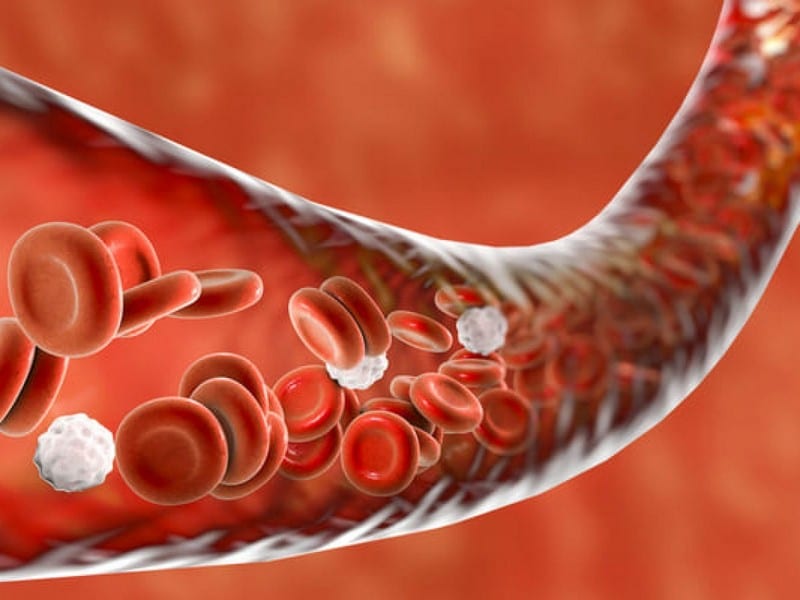Low Calcium Level (Hypocalcemia)

When the blood has low calcium levels, hypocalcemia develops. Due to its importance for numerous body processes, calcium insufficiency can have far-reaching repercussions on the bones, teeth, and muscles. There are typically no early signs when a deficit is caused by inadequate nutritional intake. However, as people age, the risk of calcium deficiency increases. This shortage may be brought on by several things, such as chronically low calcium intake, particularly during childhood, drugs that may reduce calcium absorption, food intolerance to calcium-rich foods, hormonal changes, especially in women, and specific hereditary factors.
Relatively low blood calcium levels are possible without any symptoms. Long-term low calcium levels can crack the skin, weak nails, and scratchy nails. Leg- and back-related muscle cramps are somewhat prevalent. Hypocalcemia can impact the brain, leading to inattention, disorientation, sadness, and misapprehensions. If calcium level increases, these symptoms go away. A severe calcium deficiency may result in tingling (frequently in the lips, tongue, and extremities), muscle spasms, seizures, and irregular heart rhythms. The recommended daily allowances of calcium for children and adolescents are the same. A doctor may advise calcium injections when a deficiency is extreme or when supplements and dietary changes are ineffective.










